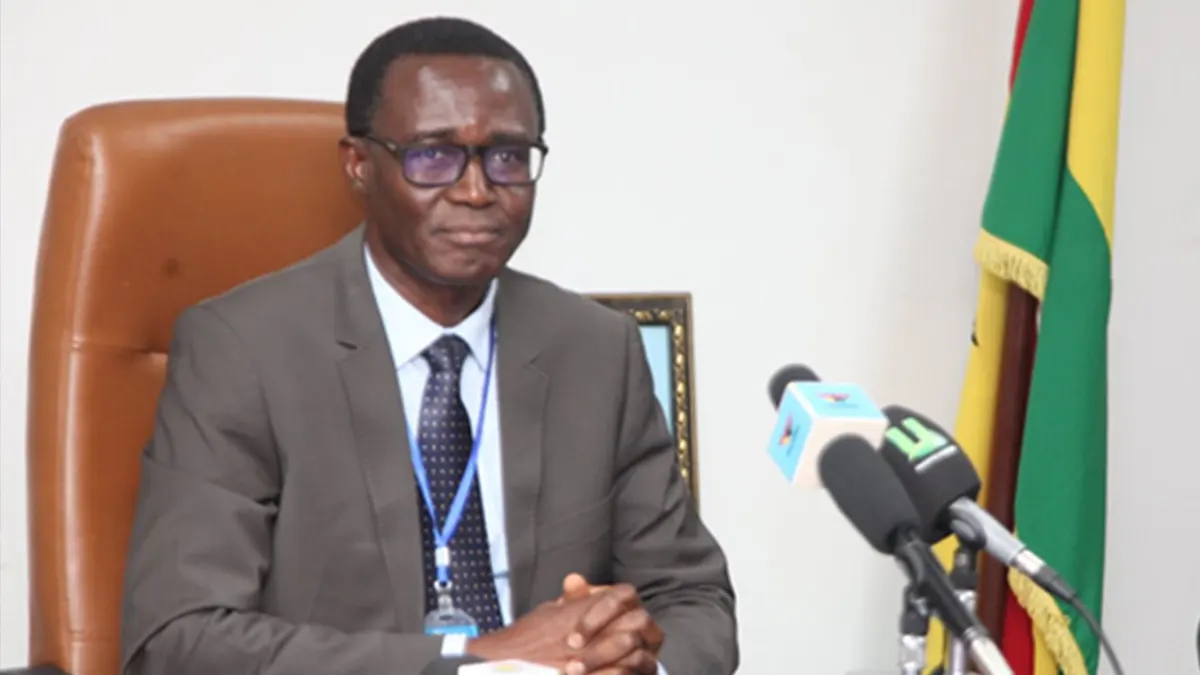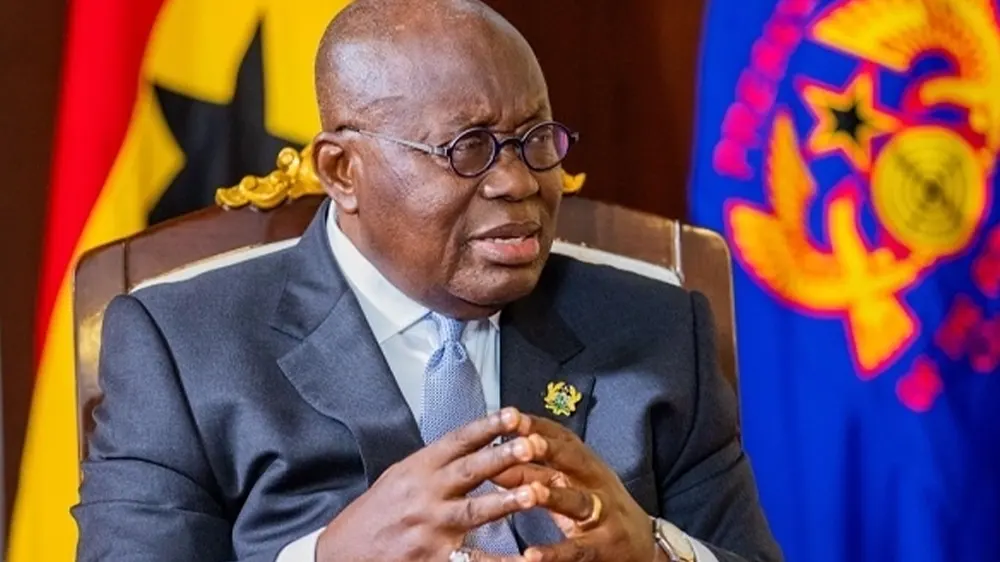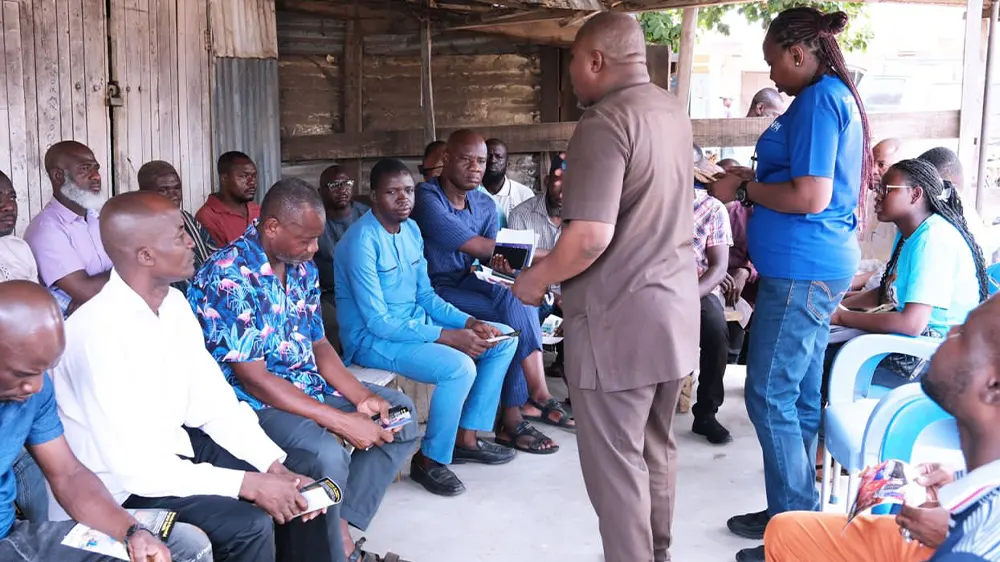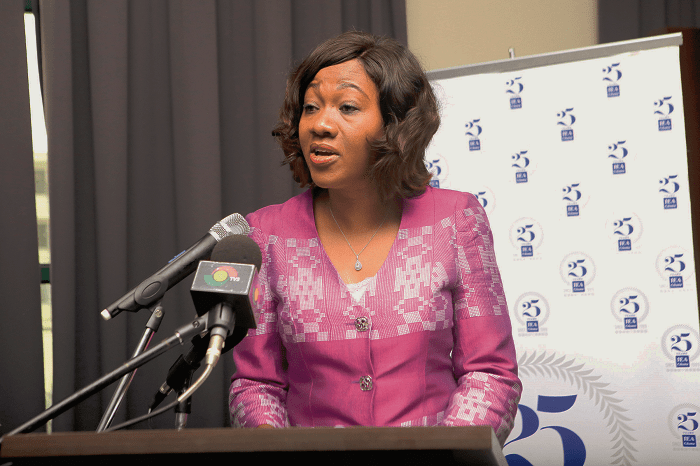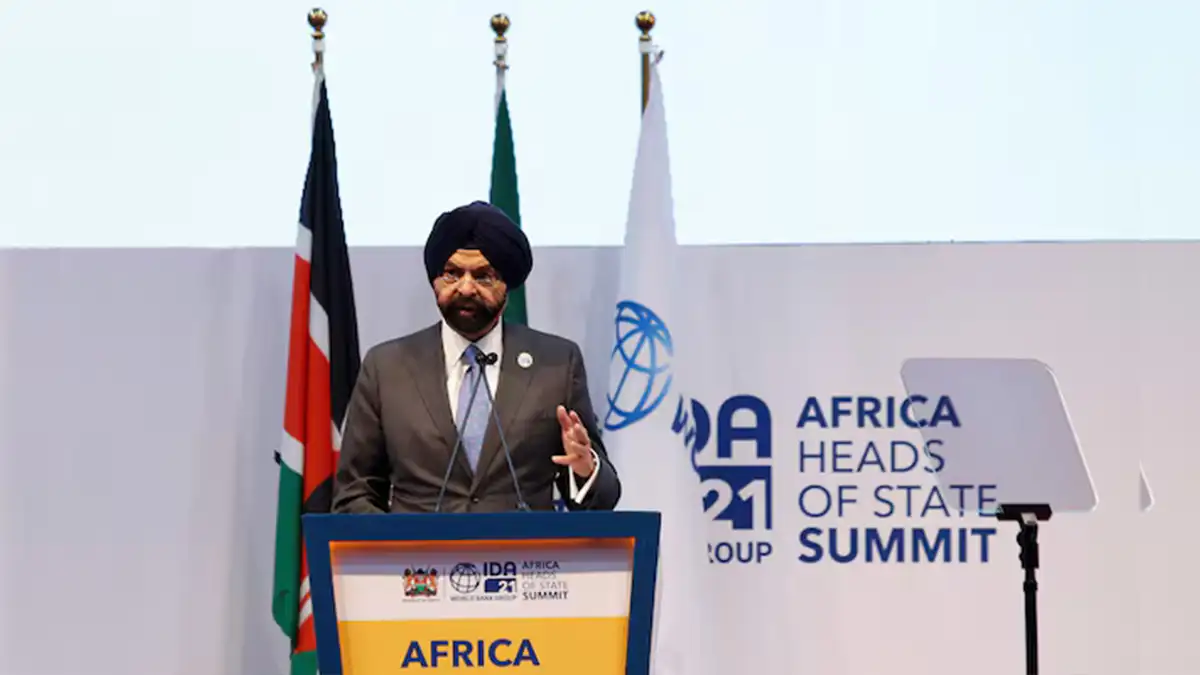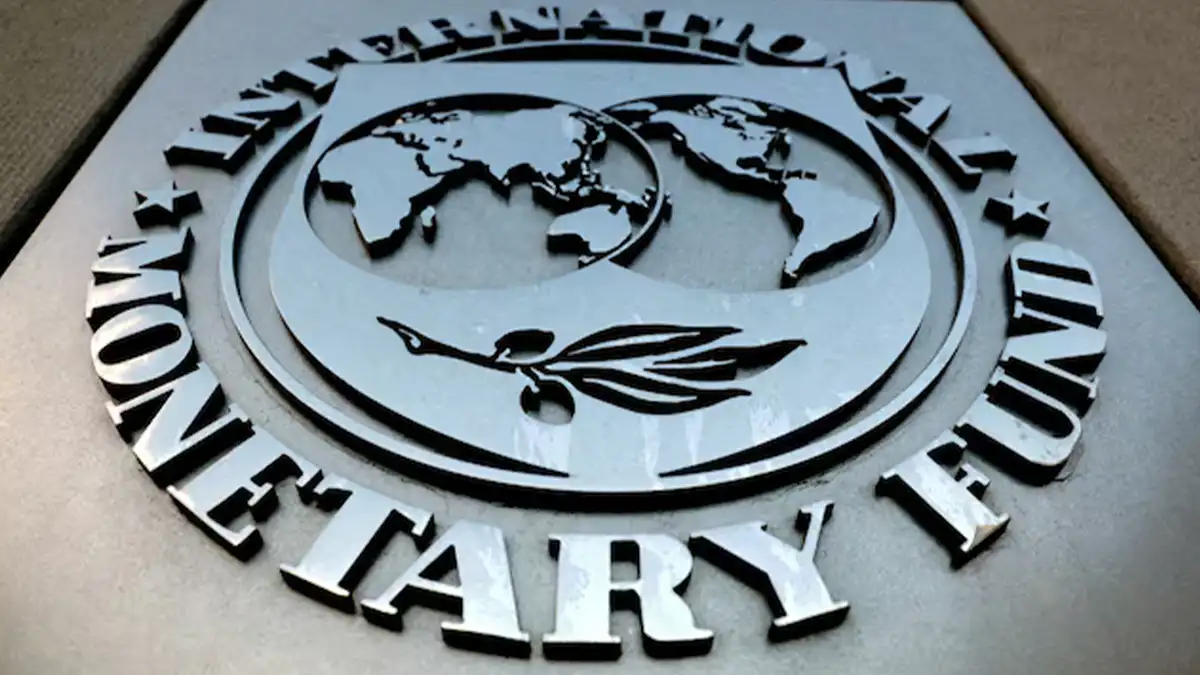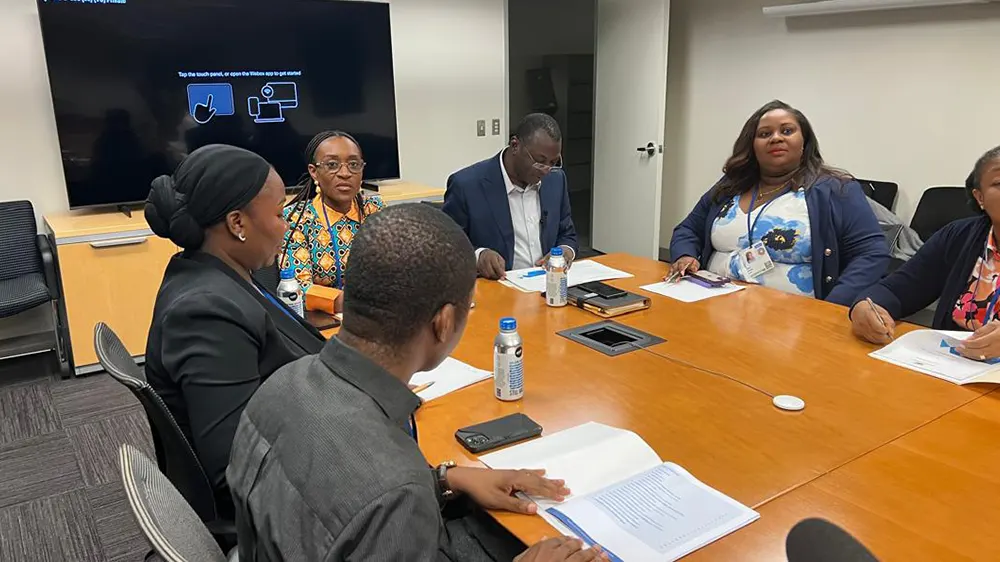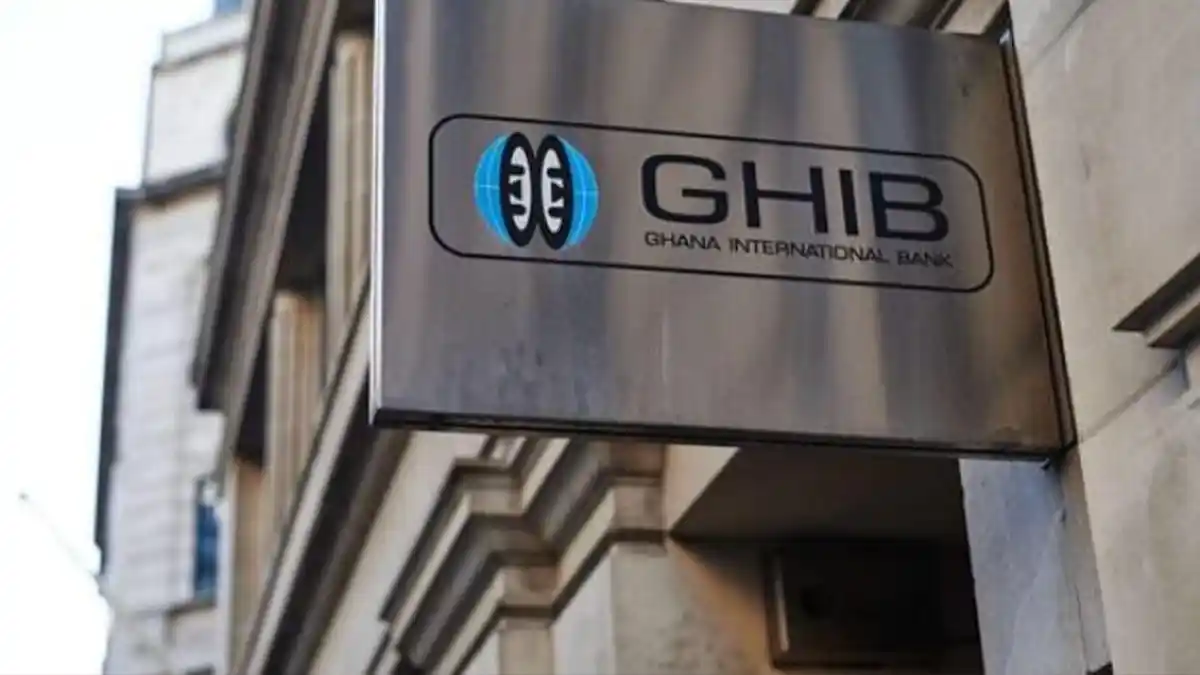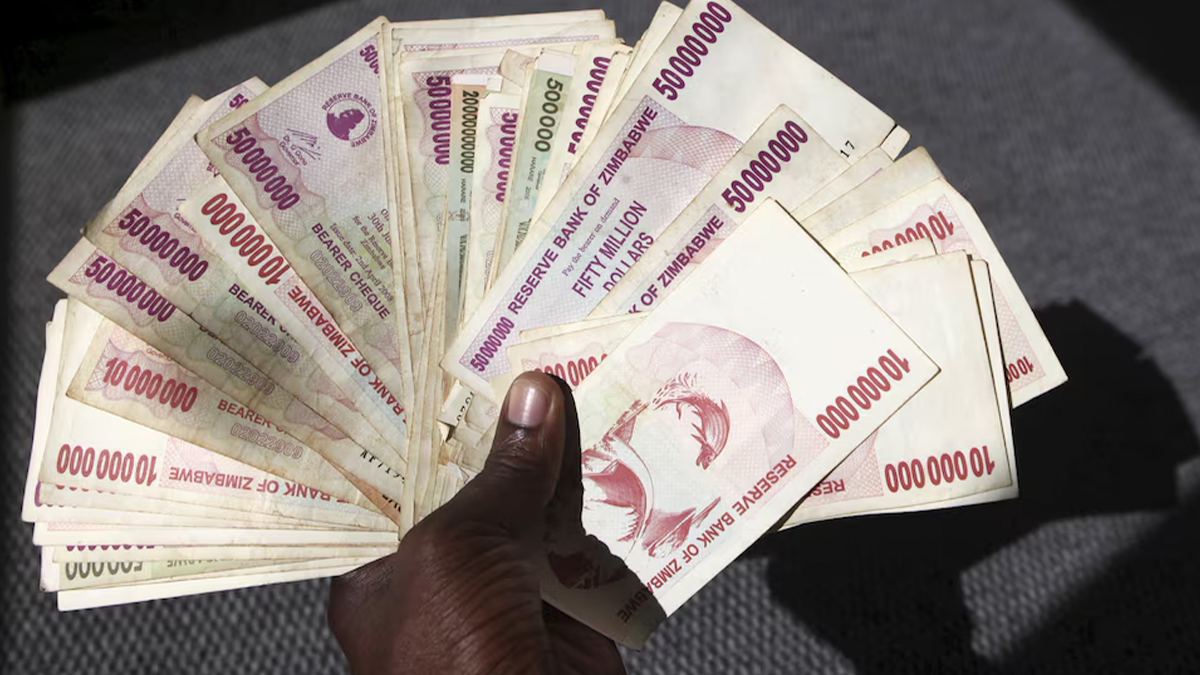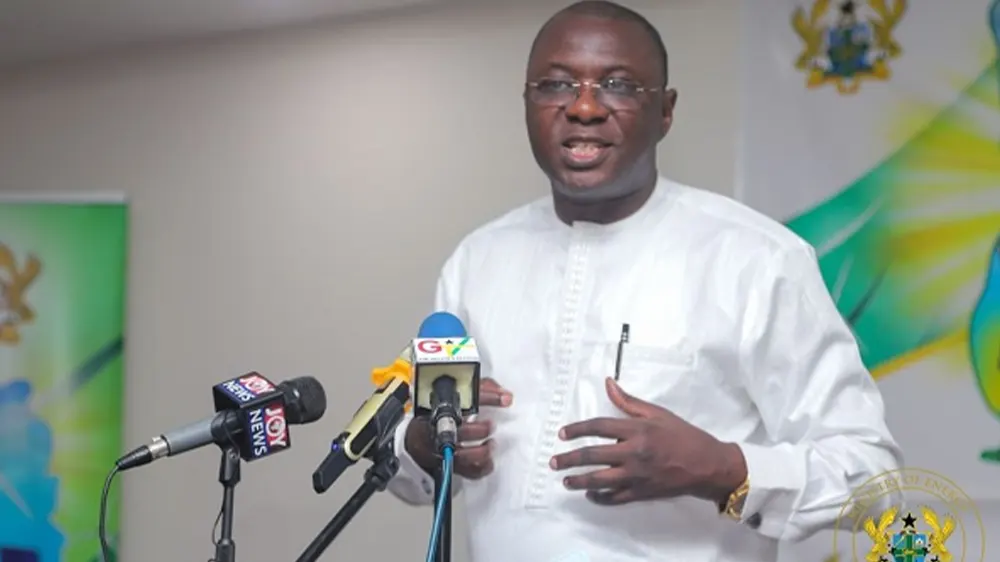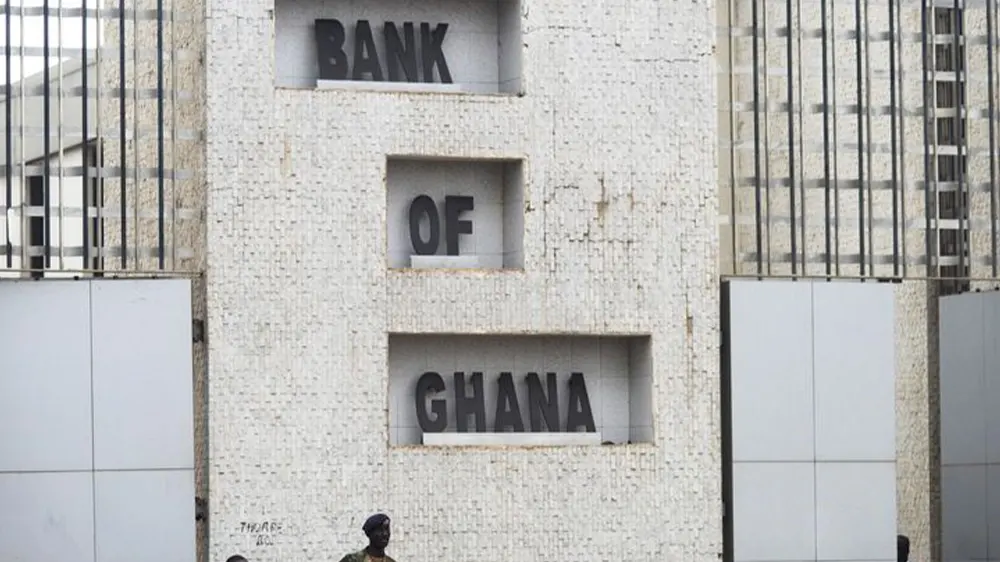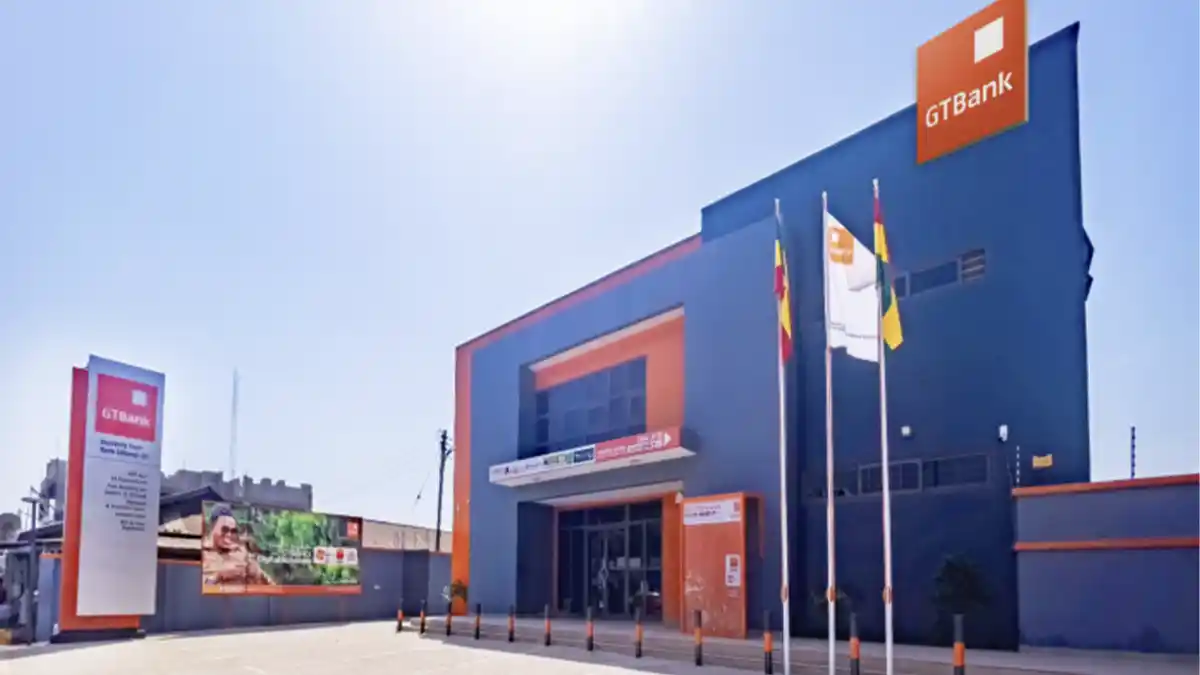Two prominent Civil Society Organizations (CSOs) in the natural resource sector, the Africa Centre for Energy Policy (ACEP) and IMANI Africa have raised concerns over inconsistencies in the Ghana Revenue Authority's (GRA) assertions regarding the impact of SML Ghana's work on the volume of petroleum products.
The CSOs argue that the GRA's refusal to acknowledge higher growth rates before SML's engagement is “disingenuous.”
In a joint statement released on Thursday, ACEP and IMANI Africa challenged the GRA's claim that its revenue assurance contract with SML resulted in a significant increase in the downstream petroleum sector, citing a 33% improvement over the past two years.
The CSOs questioned this assertion, pointing to data available on the Ministry of Finance's website for Statutory reporting under the Energy Sector Recovery Act (ESLA) and data on the National Petroleum Authority's (NPA) website. The comparison revealed discrepancies in growth rates.
“The actual growth between 2018/2019 and 2020/2021 was about 62.95 million from NPA data and 60.15 million from the GRA Data,” the CSOs stated.
| Year | Volumes (NPA) (Million litres) | Volumes (GRA ) (Million litres) | |||||
| Annual | Monthly | monthly differential | Annual | Monthly | monthly differential | ||
| 2018/19 | 4,507.03 | 375.59 | 4,366.80 | 363.9 | |||
| 2019/20 | 4,803.65 | 400.3 | 24.71 (7%) | 4,599.38 | 383.28 | 19.38 (5%) | |
| 2020/21 | 5,262.43 | 438.54 | 38.24 (10%) | 5,088.55 | 424.05 | 40.77 (11%) | |
| 2021/22 | 4,975.12 | 414.59 | -23.95 (-5%) | 4,740.32 | 395.03 | -29.02 (-7%) | |
They emphasized that the total consumption of refined products in the country declined by 5% and 7% in the 2021/2022 year according to NPA and GRA, respectively.
Moreover, ACEP and IMANI Africa accused SML of inflating its data to validate the contract, claiming the data “bore no correlation with the data employed for revenue accounting.”
The CSOs conducted a comprehensive comparison of month-on-month volumes published by SML with the data presented by GRA to the Ministry of Finance during the same period.
The discrepancies, according to the CSOs, render SML's dataset unsuitable for tax purposes. Customs officers of the GRA, interviewed during The Fourth Estate's investigation, affirmed that SML's meters are not used for revenue calculation.
SML, under scrutiny for its significant payments despite data inaccuracies, received gross payments between GH₵700 million and GH₵750 million thus far.
The CSOs described SML's share of royalty of $0.75 per barrel of petroleum as an “encumbrance of petroleum revenue,” contrary to the Petroleum Revenue Management Act (PRMA).
President Akufo-Addo has directed the suspension of the SML contract with the Ministry of Finance and the GRA, following an investigation by The Fourth Estate.
The investigation revealed a GH₵24 million per month deal with SML, prompting concerns about its legitimacy. KPMG has been tasked with conducting a two-week investigation into the matter.
ACEP and IMANI Africa call on the government to examine all revenue assurance contracts, ensuring value for money and addressing potential revenue loss across various sectors.

